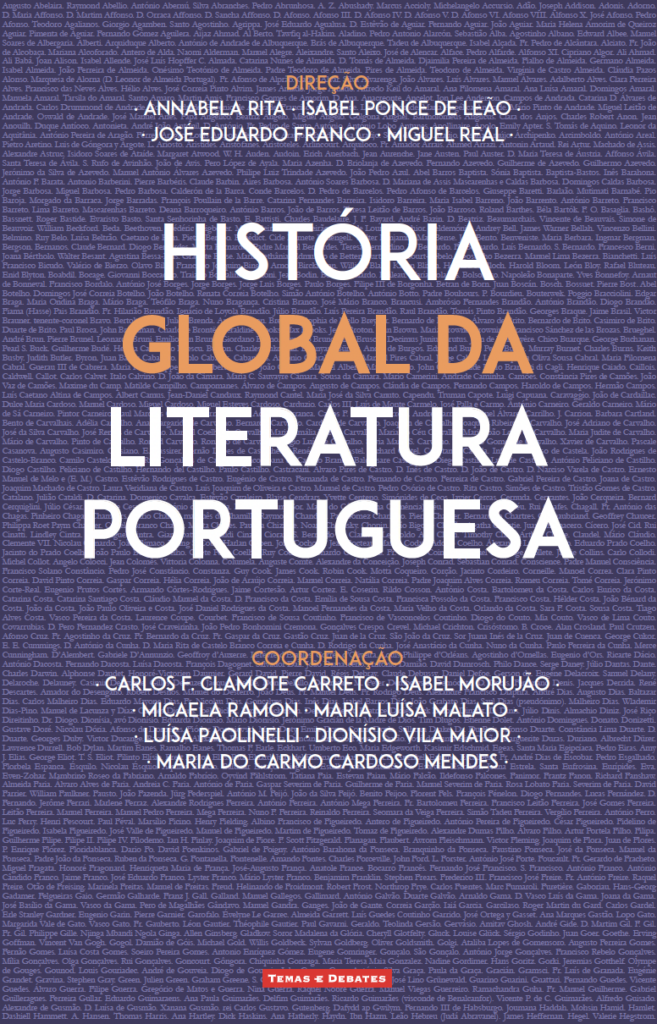Global Histories
Global Histories — Research, Interpretation, Writing, and Editing
The idea of global history offers a historiographical approach focusing on analyzing interconnections and interactions between different world regions over time. This methodology aims to understand how certain historical events have been shaped by global, transnational, and intercultural factors and influences, leading to processes of appropriation and transformation. This innovative project in Portugal and Portuguese-speaking countries has developed by observing international practices in countries like France, England, Italy, Spain, the United States, Germany, and the Netherlands. In these countries, global history has increasingly interested researchers and academic and scientific institutions.
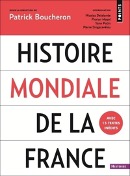


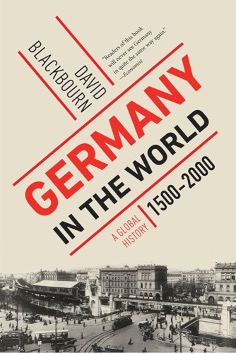
This emerging historiographical perspective finds its roots in the foundation of UNESCO, with the creation of the journal Cahier d’Histoire Mondiale and the project of writing a History of Humanity (Histoire de l’humanité : développement scientifique et culturel). This initiative is seen as a precursor of global history because it focuses more on “structures than on events, thus centered on the origins of humanity, on encounters, interactions, and influences that have woven links between different civilizational centers” (source: UNESCO). The rise of global history as a study subject and perspective reflects scholars’ growing disinterest in historiographical approaches centered on the nation-state and the recent interest in understanding the global, transnational, or “glocal.” This perspective focuses on a confined space but highlights networks, exchanges, and interconnections at a global or transnational/transregional level.
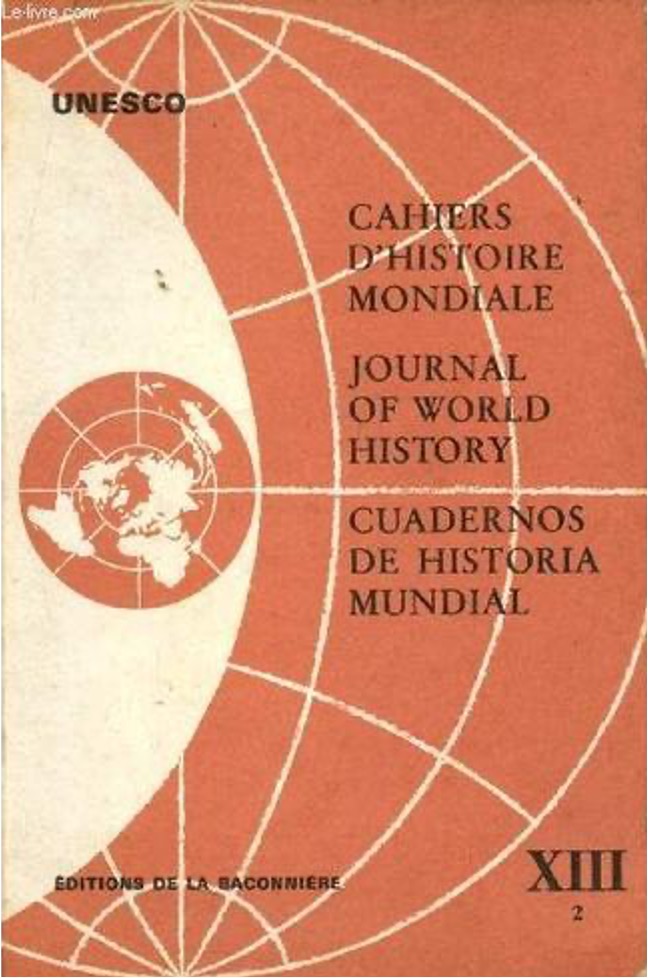
Thus, global history, by adopting a broad and integrated perspective that challenges more traditional approaches, recognizes the importance of interaction, exchange, and circulation of ideas, cultures, goods, technologies, and values among human societies. It values the analysis of global processes and patterns, such as migration, trade, colonization, imperial expansion, cultural diffusion, and the transfer of knowledge and technologies. This promotes a more holistic and inclusive understanding of history.
Outcomes:
This project has generated interest and enthusiasm among researchers for understanding the global, transnational, or “glocal.” By taking a long-term perspective on history, it produces critical knowledge through analytical synthesis, providing a comprehensive view of Portuguese territorial history as a process-oriented history. This view focuses on concepts of networks, interconnections, exchange, influence, and mutual influence.
Published:
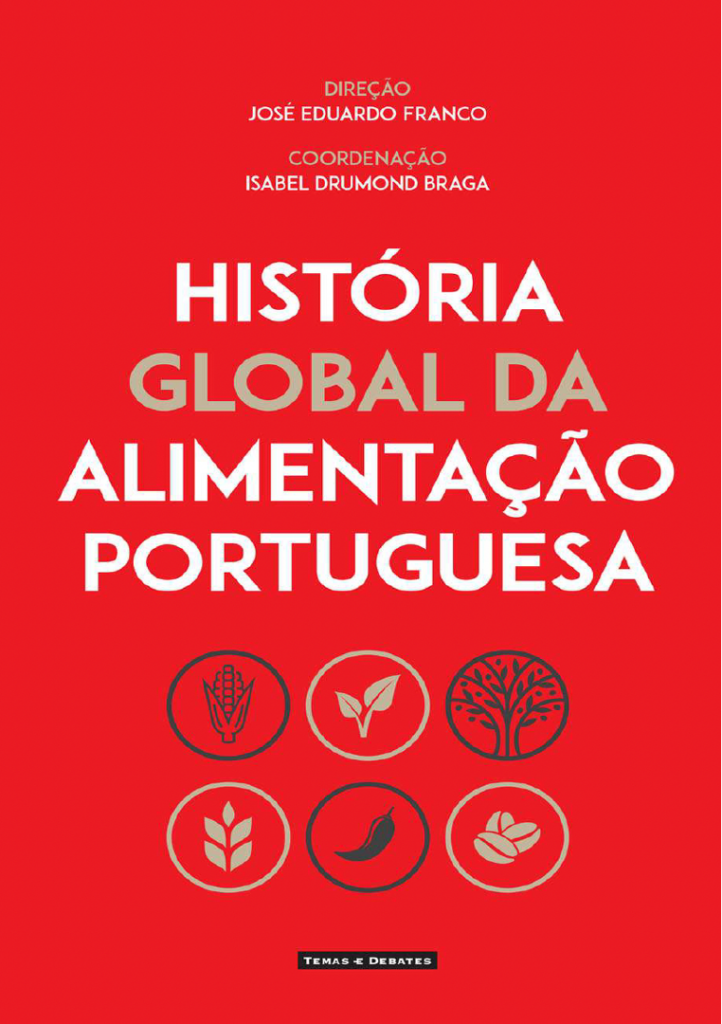
História Global da Alimentação Portuguesa (2023).
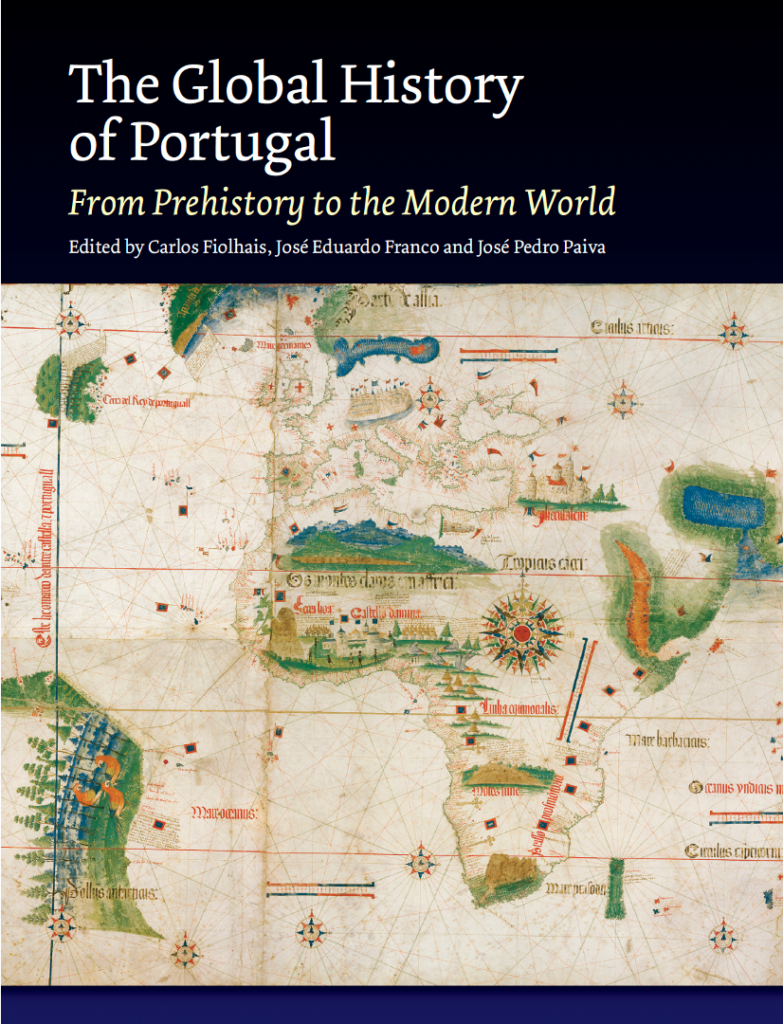
The Global History of Portugal (2022).
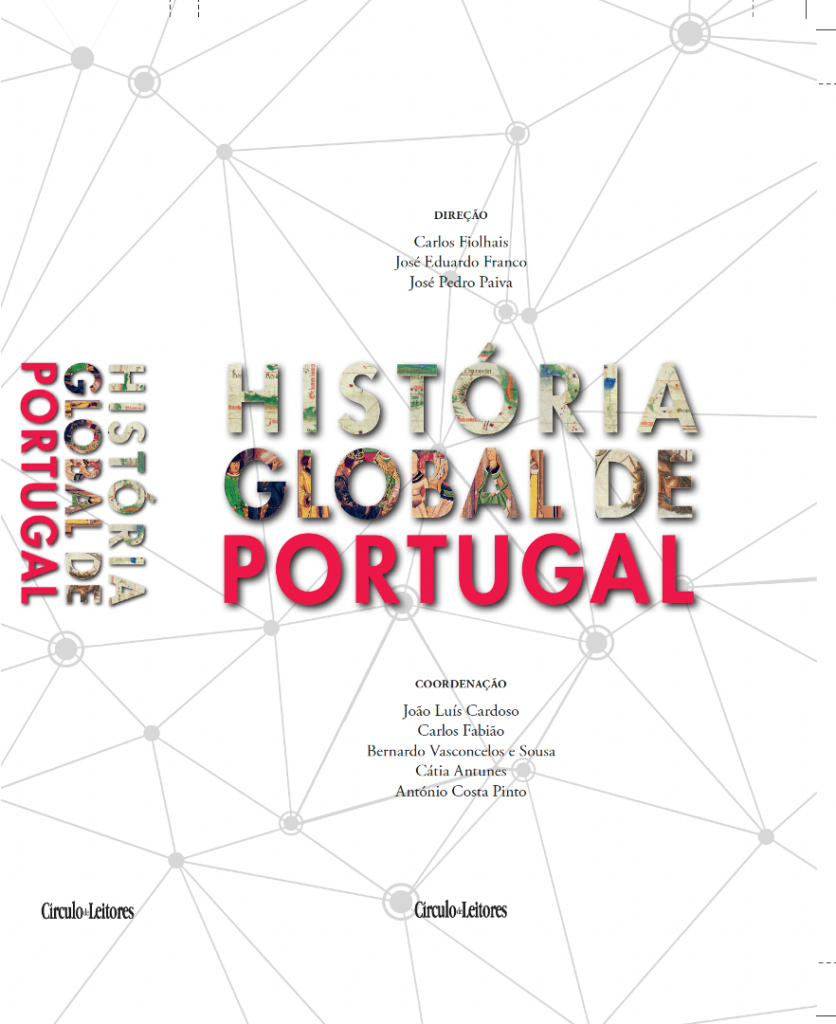
História Global de Portugal (2020).
Ongoing:
História Global da Ciência em Portugal
História Global da Economia e da Gestão em Portugal
História Global da Educação em Portugal
História Global da Filosofia Portuguesa
História Global da Receção do Antigo Egipto
História Global das Mobilidades
